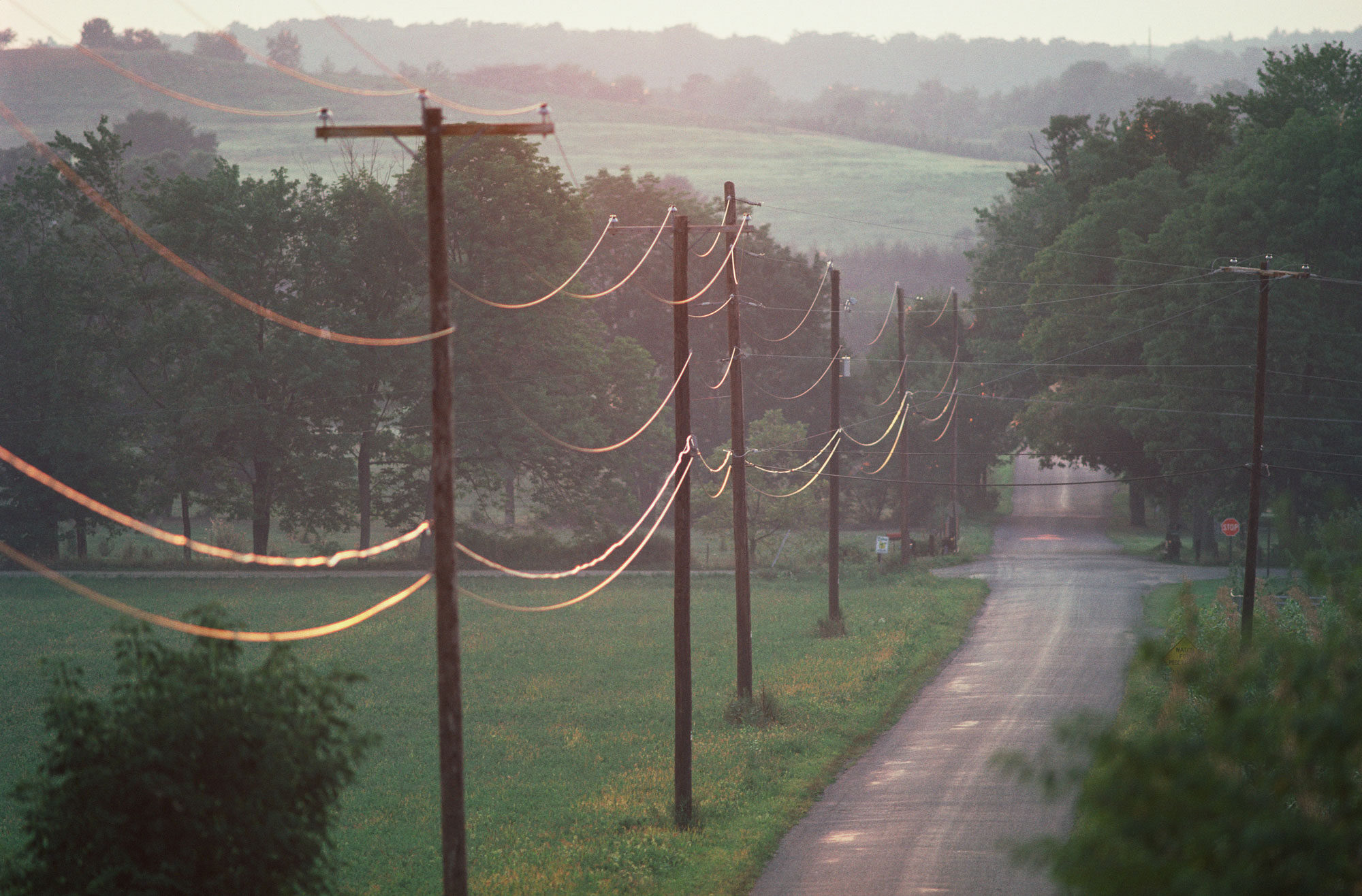
NCTA: The Cost of Replacing Old Wooden Poles is Slowing Down Broadband Deployment in Unserved Areas
Reliable fast internet is in high demand like never before. The robust networks powered by America’s cable internet service providers continue to support millions of Americans through the COVID-19 pandemic as they turn to distance learning and remote work during this unprecedented time. But even as NCTA member companies reach millions more unserved Americans and invest billions in broadband network expansion and improvement each year, too many remain unconnected. Connectivity in these largely rural areas could be expedited by addressing obstacles that increase both the costs and time required to complete the myriad of procedures essential to extending broadband networks to unserved areas.
One example is the process of attaching broadband cables to utility poles – called “make-ready work” within the industry – which includes everything from permitting to renting space for equipment to replacing old or out-of-code poles. Utility pole procedures, laws, and regulations form an incongruous and often-contradictory patchwork that stretches from municipalities to the federal level and across every state in the country. Navigating disputes and compliance is often the source of significant delay and expense, particularly in rural areas.
To offer an illustration of these effects, broadband providers – the pole attachers – often bear the burden of paying the entire cost of pole replacement, even when a pole is near the end of its useful life. In the ordinary course of business, these old poles would be replaced at the pole owner’s sole expense. Broadband providers often accept this pole replacement cost in order to avoid extensive construction delays. However, in places where poles are many, houses are few, and broadband is nonexistent, these potential costs serve to meaningfully discourage new investment in internet infrastructure to the very places that need it most.
To speed broadband deployment in rural areas, we need a transparent, just, and reasonable process that ensures a fair allocation of replacement costs between pole owners and new entities seeking to use the poles. NCTA has asked the FCC to clarify that pole replacement costs should be allocated equitably between pole owners and new attachers seeking to rent space on the poles in unserved areas. We are also requesting that the Commission make clear that the parties that directly benefit from the replacement of a utility pole – the pole owner and the new attacher – should share proportionate costs of the upgrade or modification to the pole. And to expedite broadband deployment to those on the wrong side of the digital divide in rural areas, we are further urging the Commission to prioritize resolution of pole utility attachment disputes so that quick decisions can speed up broadband deployment in unserved communities.
NCTA members have invested billions in private capital to expand their networks to help close the digital divide. But the lack of a just and equitable process for utility pole replacement costs is a critical impediment holding broadband providers back at the very time the demands brought on by the COVID-19 pandemic are compelling them to move forward in connecting the country to broadband. Given the increase in reliance of internet service, we need to roll up our sleeves and explore every opportunity to encourage the expansion of broadband infrastructure. That is why we are urging the Commission to look closely at this barrier to network expansion and implement these changes that will more quickly enable NCTA members to bring the benefits of broadband to unserved communities.